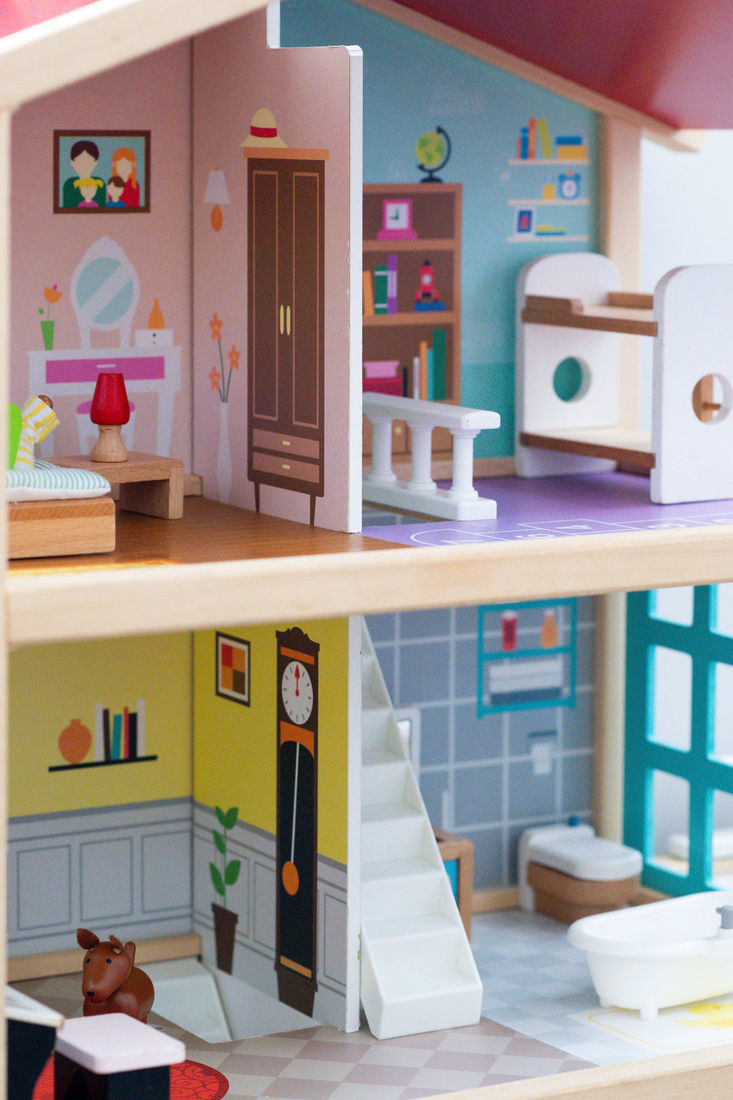You Hold the Magic: Helping Your Child Through Play and Presence
As a parent, you know your child better than anyone. You’ve likely seen firsthand how big emotions can spill over into meltdowns, withdrawn behaviour, or challenges at home or school. Sometimes, you may feel unsure how to help your child feel more secure, calm, or connected.
That’s where filial therapy comes in, a warm, evidence-based approach that strengthens your relationship with your child while supporting their emotional and behavioural development.
What Is Filial Therapy?
Filial therapy is a type of play-based intervention where you, the parent or caregiver take an active role in helping your child heal, grow, and feel safe through connected play sessions. It was originally developed in the 1960s by psychologists Bernard and Louise Guerney and has since been widely used to support children experiencing anxiety, behavioural challenges, trauma, grief, or difficulty adjusting to life changes.
Unlike traditional play therapy where the therapist works directly with the child, in filial therapy the therapist trains and supports you to conduct weekly, structured connected play times with your child. These sessions are guided by specific principles that encourage emotional expression, confidence, and connection.
How Does It Work?
Filial therapy usually follows this process:
- · You meet with the therapist to learn the method. You’re guided in using child-centred play skills like reflective listening, setting limits, and encouraging expression through toys and storytelling.
- · You practise and build confidence. With support and coaching, you gain tools to respond to your child in emotionally attuned, empowering ways.
- · You hold regular connected play sessions at home. Often once a week, in a quiet and predictable space. Your child leads the play, and you follow with presence and support.
- · Ongoing therapist support. You continue to meet with your therapist to reflect, ask questions, and deepen your understanding of your child’s needs.
These connected play sessions aren’t about “fixing” behaviour. They’re about offering a safe, accepting space for your child to express themselves, often in ways they can’t with words.
Why Filial Therapy Works
Children often show us how they’re feeling through their behaviour, not through talking. Play is their natural language and through filial therapy, you become fluent in it.
Over 50 years of research has shown that filial therapy can lead to:
- · Improved emotional regulation in children
- · Reduction in anxiety, aggression, and withdrawal
- · Greater parent confidence and lower stress
- · Stronger parent-child relationships built on trust and empathy
What’s powerful about this approach is that it equips you with lifelong tools not just for now, but for future challenges too.
Who Is Filial Therapy For?
Filial therapy can be helpful for children aged 3 to 12 who are experiencing:
- · Anxiety or separation issues
- · Big emotions or difficulty managing anger
- · Grief, trauma, or adjustment after a family change (e.g. divorce, new sibling)
- · Behavioural concerns like defiance or withdrawal
- · A need for deeper connection and secure attachment
It can also support families who feel “stuck” in unhelpful patterns and want to reconnect in a more positive, meaningful way.
Final Thoughts
You don’t need to be a therapist to support your child’s emotional world you just need the right support, tools, and understanding. Filial therapy empowers you to become the healing force in your child’s life, using the most natural language they know: play.
If you’re curious about how filial therapy might support your family, feel free to reach out. Every child deserves to feel seen, heard, and deeply connected, and so do you.
